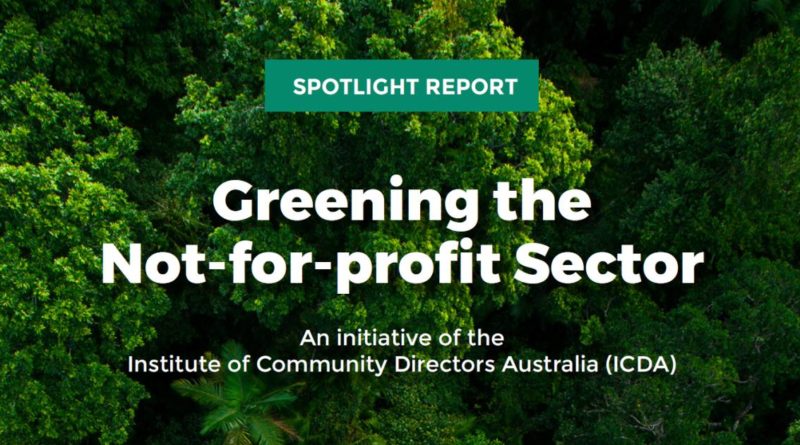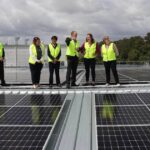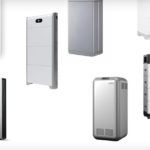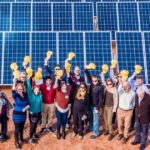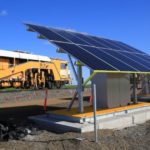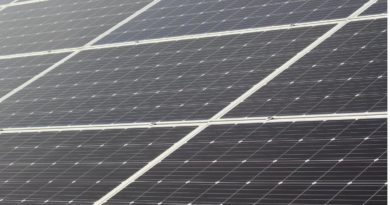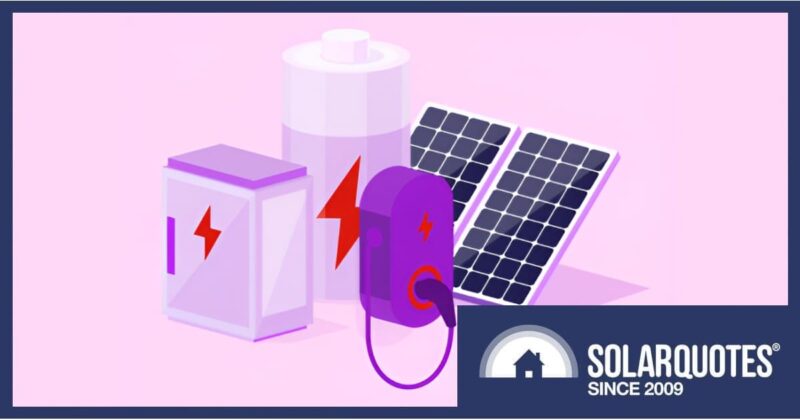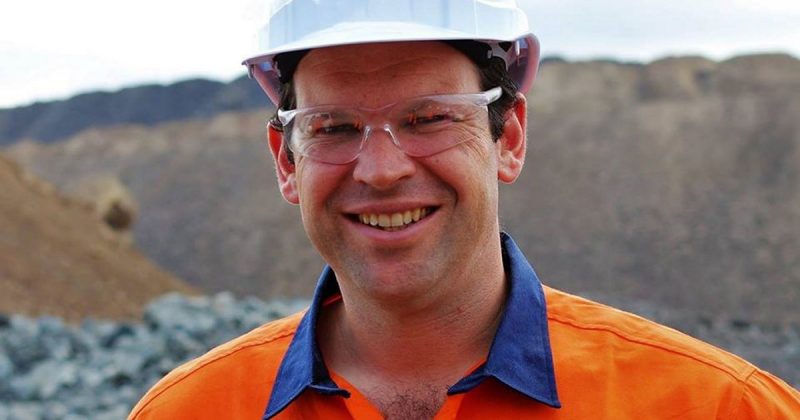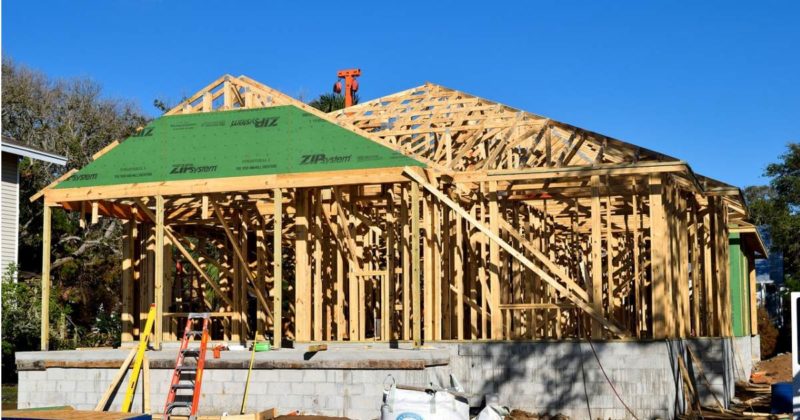Solar Power And The Australian Not-For-Profit Opportunity
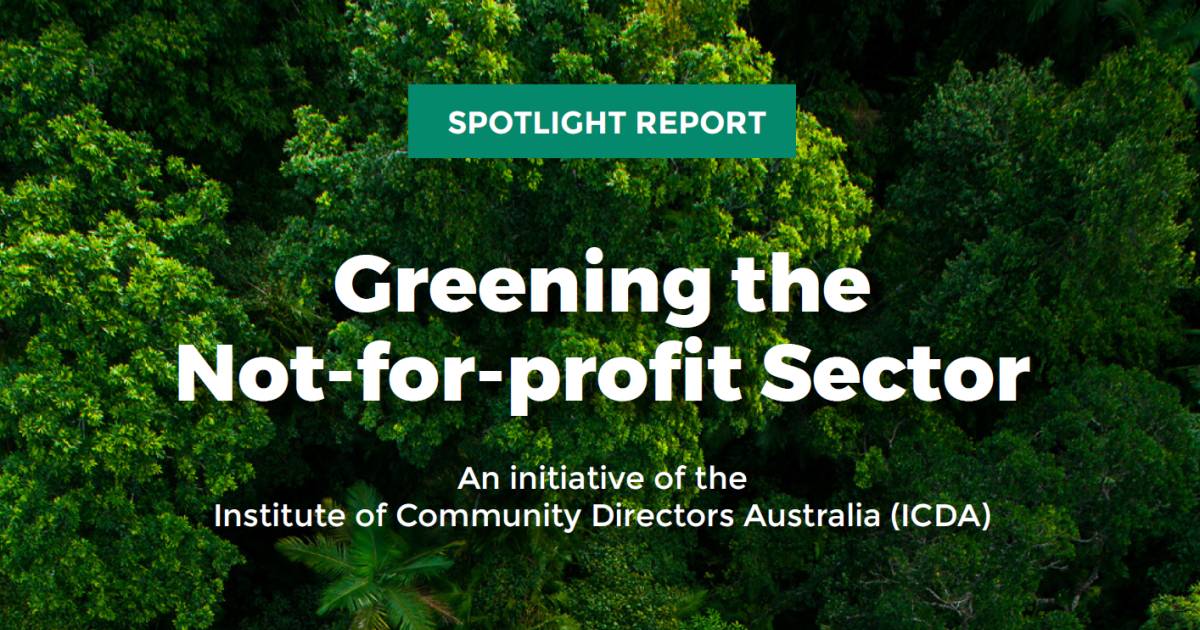
Players in Australia’s solar energy and EV arena should be paying special attention to not-for-profit (NFP) organisations says the Institute of Community Directors Australia (ICDA).
While not-for-profit, Australia’s NFP sector is big business – $176 billion worth. It also has a significant role to play in emissions reduction.
Established in 2014, ICDA is the best-practice governance network for directors serving on Australia’s 600,000 not-for-profit boards, committees and councils, and the senior staff who support them. The organisation has recently launched a new section on its website called Net-Zero Heroes, designed to assist NFPs with climate change information, mitigation and adaptation strategies; with a focus on three key areas.
- Making the shift to green power
- Installing solar panels and batteries
- Transitioning car fleets to hybrid and electric vehicles
“Much attention is given to the need for businesses and government to transition to zero carbon, but the not-for-profit sector is often overlooked,” said ICDA general manager Adele Stowe-Lindner. “This is a mistake, given the immense size and scope of the sector and its role in influencing citizens”.
Big Savings From Solar For NFPs
Emissions reduction aside, a move to net zero can also mean big savings on energy bills. A survey carried out by ICDA of 570 not-for-profit leaders found a typical organisation was spending $10,000 a year on electricity and $3,700 on gas.
Just as is the case with for-profit business, if an NFP can afford to pay its electricity bills, then it can probably afford solar power these days given various financing models available. Depending on the installation scenario and energy consumption profile, commercial solar can provide a simple payback of just a few years. And NFPs are eligible for Australia’s national “solar rebate” assuming they have their own premises.
ICDA also points out grants may be available for solar energy and other climate change related activities. These can be located using the FundingCentre climate change mitigation and response grant funding tool available here.
An Opportunity For Solar And Battery Retailers
Based on the results of its survey, the ICDA believes it would be worth a retailer’s while to focus on the not-for-profit market for power, solar panels, batteries and electric vehicles.
“Around 136,000 organisations appear poised and ready to buy solar panels (with even more interested in buying battery storage), presuming appropriate funding or finance can be found,” says the organisation.
In terms of potential for electric vehicles:
- Based on 278 responses, those organisations spend an average of $430 per week on fuel.
- 133,380 new cars may be leased/purchased by Australian not-for-profits in the next three years.
- Around 120,000 organisations are keen on installing electric car charging stations at their premises.
The survey findings are part of an ICDA report – Greening The Not-for-profit Sector.
The organisation is looking to establishing partnerships with trusted partners to provide clean power and new energy tech, and notes it has held discussions with some vendors already. ICDA is also in the process of creating a strategy for lobbying local, state and federal governments to help clear the way for a carbon-free not-for-profit sector in Australia.
Original Source: https://www.solarquotes.com.au/blog/solar-australia-nfp-mb2632/

